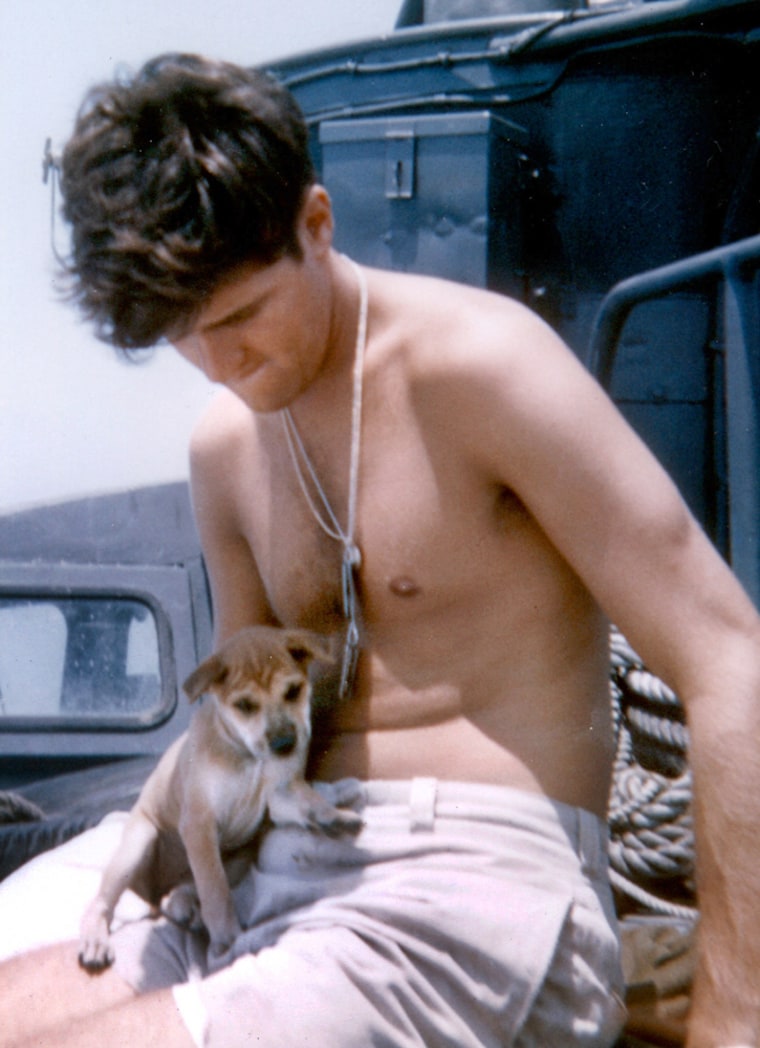On Dec. 8, 1965, the Second Vatican Council wrapped up four years of the work on modernizing the Roman Catholic Church. The 16 documents it produced fostered the most profound changes in Catholic thought and worship in five centuries. Henceforth, the church would engage the world in the spirit of social action.
For the first time, Mass was to be celebrated in the local language. For the first time, ordinary Catholics, no longer the lowest rung on the ecclesiastical ladder, were called upon to invigorate the church, to be “the front lines of the Church’s life,” as Pope John Paul II would write.
“The practice of religion of its very nature consists primarily of those voluntary and free internal acts by which a man directs himself to God,” the council said in its Declaration on Religious Liberty. “Acts of this kind cannot be commanded or forbidden by any merely human authority.”
Many Catholics, both ordained and lay, have interpreted that declaration and others as license to dissent from church teachings. Since Vatican II, divorce has skyrocketed among Catholics, and vigorous social justice movements have sprung up emphasizing positions at odds with Catholic doctrine, especially on difficult issues like abortion, birth control and morality in popular culture.
John Kerry, the Democratic nominee for president, has been held up by some and denounced by others as a “modern Catholic” in the spirit of Vatican II. He has said his faith led him first to join the Navy and volunteer for duty in Vietnam and then to take a leading position in opposition to the war — post-Vatican II social justice Catholicism in action.
Kerry has been divorced. He says that while he personally opposes abortion, he believes it must remain legal. He has endorsed imposing the death penalty on the most vicious terrorists. He dissents from church teachings on homosexuality, euthanasia and embryonic stem-cell research.
At the same time, people close to Kerry uniformly describe him as deeply devoted to his Catholic faith. He is widely reported to carry a rosary, a prayer book and a medal of St. Christopher, the third-century martyr who is the patron saint of travelers.
But thou, when thou prayest, enter into thy closet, and when thou hast shut thy door, pray to thy Father which is in secret: and thy Father which seeth in secret shall reward thee openly. — Matthew 6: 5-6
To listen to Kerry, the reason he is reluctant to address his faith publicly is that the United States observes strict separation of church and state. Boiled down, he suggests, his religion is really nobody’s business.
“I will say I personally would not choose — though I’m a person of faith — to insert it as much as this president does,” Kerry said in an interview with Ladies’ Home Journal in August of last year. “I think it crosses a line, and it sort of squeezes the diversity that the presidency is supposed to embrace. It creates a discomfort level.”
Others close to Kerry suggest alternative explanations.
The first is political. Kerry has never before run for national office — his entire career has been spent in Massachusetts, where liberal Catholic Democrats are part of the scenery. In other words, Kerry does not know how to talk about his faith in political terms because it has never before been an issue.
But the second is personal, and it is religious.
When the Second Vatican Council finished its work in December 1965, Kerry was halfway through his senior year at Yale University. He would turn 22 only three days later.
“Kerry is a pre-Vatican II Catholic,” said an informal adviser to Kerry, Shaun Casey, an assistant professor of Christian ethics at Wesley Theological Seminary in Washington. “Prior to that, laypeople really had no public role in the Catholic church.”
Intellectually, Casey and other Catholic thinkers say, a man of Kerry’s age would have been able, even eager, to embrace the philosophies of the council. Encouragement to act on their cultural beliefs unleashed a generation of liberal social justice activists grounded in Catholic thought.
But personally, these theorists say, it would have been much more difficult for Catholics coming of age at the time of Vatican II to throw off their childhood conditioning of public reticence about religion. Men and women of Kerry’s age were raised to be Catholic followers; the church was now asking them all of a sudden to be Catholic leaders. For many, especially those in public life, the transition was not an easy one to make.
In his social activism and political arc, John Kerry is indeed a classic post-Vatican II Catholic. But in his personal demeanor and interactions with other people, he remains very much pre-Vatican II. It’s just how he was raised.
